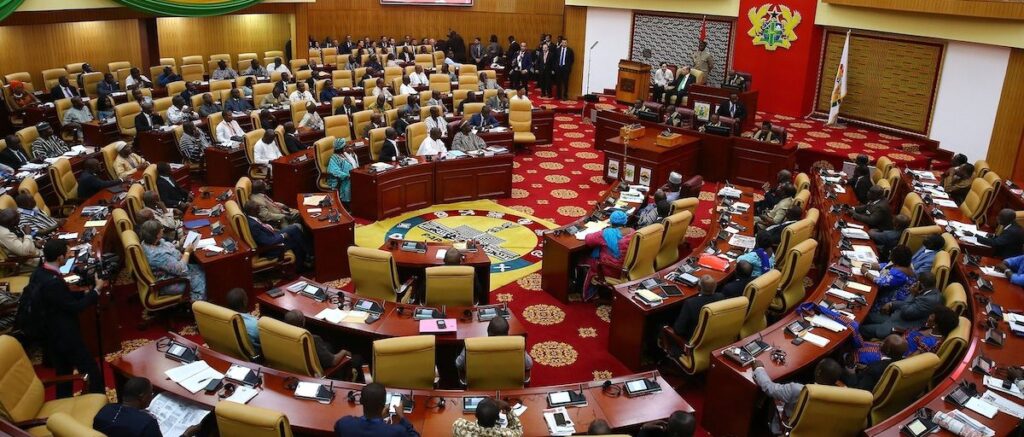Ghana Parliament passes Environmental Protection Bill
 Parliament has passed the Environmental Protection Bill 2023, which seeks to establish the Environmental Protection Authority (EPA) to regulate, protect, and exercise general oversight and co-ordination over all matters relating to the environment and climate change.
Parliament has passed the Environmental Protection Bill 2023, which seeks to establish the Environmental Protection Authority (EPA) to regulate, protect, and exercise general oversight and co-ordination over all matters relating to the environment and climate change.
The Bill seeks to re-enact the Environmental Protection Agency Act, 1994 (Act 490) and introduce a Pesticide Management Fund.
It also re-enacts the Hazardous and Electronic Waste Control and Management Act, 2016 (Act 917) for consolidation.
The Bill further makes provision for the implementation of actions that position Ghana to mitigate and adapt to climate change.
Dr Kwaku Afriyie, the Minister of Environment, Science, Technology and Innovation, moving the motion, observed that the Bill integrates both climate and environmental laws, which were fragmented at the ministries, departments and agencies.
He said it intended to bring the Environmental Protection Authority to a level where it would be empowered by law to coordinate and ensure the regulations that governed institutions such as the environmental compliance laws or regulations were enforced.
The Bill also sets up a legal framework for climate change action and creates the enabling environment for the country to address the challenges that climate change poses and take advantage of the opportunities it provides.
Dr Emmanuel Marfo, Chairman, Committee on Environment, Science and Technology, presenting the committee’s report, said the Bill provided a legal framework for coordinated effort to address all environmental issues in the country.
It will consolidate the various dispersed Environmental Acts; 1996 (Act 528) and the Hazardous and Electronic Waste Control and Management Act (917) under one Act.
Dr Marfo said the Bill was intended to establish the EPA as a super regulator over all aspects of environmental protection implemented by institutions that had some responsibilities and control.
He, however, clarified that it was not intended to interfere with the enforcement roles of those institutions.
Source: GNA
